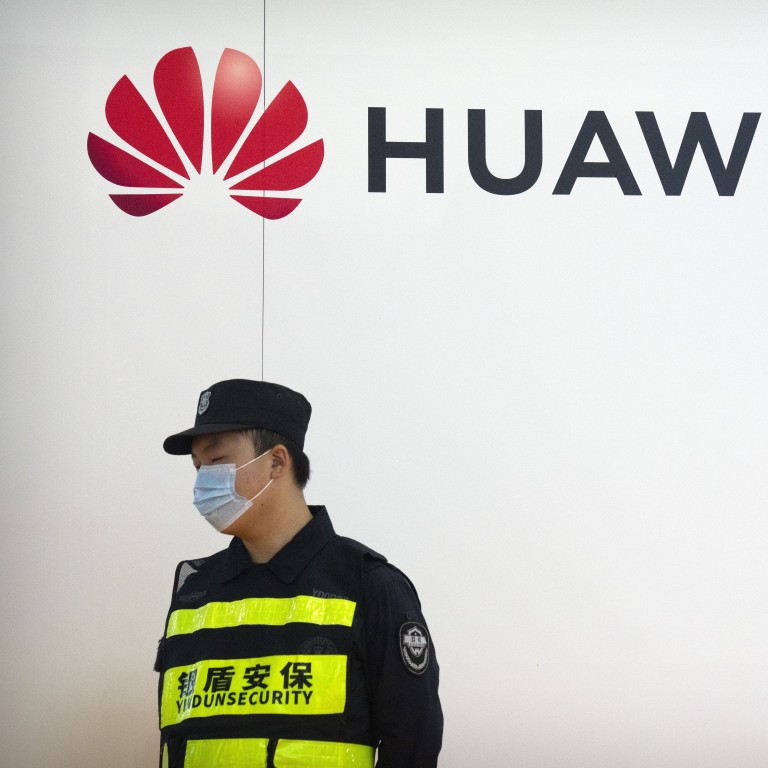
Huawei doubles down on cloud services in Asia as smartphone business takes battering from US sanctions
- Senior executives have expressed optimism about Huawei’s business prospects in the region as major economies there accelerate digital transformation
- Huawei has three proprietary data centers in Thailand, Singapore and Hong Kong respectively and a cooperative data centre in Malaysia
Huawei Technologies Co is doubling down on its cloud services in Southeast Asia, launching a new “availability zone” in Thailand as the Chinese telecoms giant pivots to businesses less dependent on semiconductors.
Senior executives have expressed optimism about Huawei’s business prospects in the region as major economies there accelerate digital transformation, driving demand for cloud services. An availability zone consists of one or more data centers that can be treated as a single entity, with zones in a region interconnected with high-bandwidth and low-latency networking.
“Our [consumer-facing] devices business in Asia-Pacific was affected mainly due to US sanctions, but we have managed to maintain a stable telecoms business there,” said Jay Chen, vice-president of Huawei’s Asia-Pacific operations, in an interview on Thursday.
In addition to two existing availability zones in Huawei’s Thailand data centre, the third zone was announced during a Huawei cloud event on Wednesday in Bangkok. General Prawit Wongsuwon, Thailand’s deputy prime minister, opened the event and said Huawei’s expansion plans in the country aligned with the government’s policies for digital development.
Biden signs legislation to tighten US restrictions on Huawei and ZTE
The new zone is expected to benefit customers such as financial institutions and government organizations, said Zeng Xingyun, president of Huawei Cloud operations for Asia-Pacific. Zeng downplayed competition with other cloud service providers, such as Google and Amazon, saying the market is still in its early commercial stages and “the pie is big enough for everyone to have a slice”.
Huawei has three proprietary data centers in Thailand, Singapore and Hong Kong respectively and a cooperative data centre in Malaysia. Chen said that he remains confident on business continuity despite US sanctions, because of Huawei’s large chip stock buffer and efforts to diversify chip suppliers in recent years.
Shenzhen-based Huawei has struggled in the past year because of Washington’s trade restrictions – imposed on national security grounds – which have cut off its access to high-end chips that use US technology. However, Huawei founder and chief executive Ren Zhengfei, a former military officer who loves to use military terms as metaphors, has said the company has “no path to retreat”.
Huawei has founded four new “army legions” within its business – smart roads, customs and ports, solar energy, along with data centres and energy. These cross-departmental teams have been tasked with seeking alternative revenue growth drivers.
Battered by US, Huawei founder Ren Zhengfei tells employees to keep fighting
Huawei’s former rotating chairman Xu Zhijun told reporters in September that China’s semiconductor industry has not developed enough maturity to help Huawei in its current predicament and the company is operating off the back of its stockpile of chips for now.
Huawei sold its budget phone brand Honor last year to a consortium with backing from the Shenzhen government, as part of efforts to grapple with the impact of US sanctions.

